Many people and businesses consider whether or not off-grid solar power systems provide a viable source of energy as worries over energy security, global environmental problems, and rising greenhouse gas levels reach a crescendo.
Solar-plus-storage systems enable customers to generate and store their renewable electricity, independently of the grid. One such technology that may have promise for such applications is the Lithium Iron Phosphate (LiFePO4)_battery. So, in this article we are going to examine the benefits and challenges associated with the use of solar panels with LiFePO4 batteries for backup, considering if this coupling would be a last resource for achieving energy independence or something to recommend.
LiFePO4 Battery Key Features
Safety: Due to improved thermal and chemical stability, LiFePO4 batteries are also considered much safer compared to other lithium-ion variants.
Their stable chemical composition inherently reduces the likelihood of thermal runaway—a condition where the temperature of the battery rapidly spikes and potentially leads to fires or explosions.
Lifespan: These batteries have an impressive lifespan and can go past 2,000 to 3,000 charge cycles. This comes out to a 10-plus year lifespan if usage falls in that range.
High efficiency: The charging and discharging efficiency of the Lifepo4 battery is relatively high, usually around 95-98%. Allowing for less energy loss during storage and retrieval means more of that power can be put to use.
Environmentally friendly: LiFePO4 batteries offer environmentally friendly benefits through the usage of non-toxic and non-hazardous material compounds. Instead of metals used such as lead or cadmium, Stable
Thermal Performance: This type of battery can deliver low or high currents and be safe and efficient in any geographical area where the temperature scales to extremes.
Advantages of Lithium Iron Phosphate Battery Packs in Combination with Solar Panels
- Energy Independence
Energy independence is one of the main reasons to use solar panels with LiFePO4 batteries. This way you are also not reliant on the utility grid, the source of electricity. This is especially useful in places with poor grid infrastructure or endless blackouts. Energy independence also provides a shield against price fluctuations of energy in the future and against possible grid failures as well.
- Cost Savings
It is a significant investment upfront when compared to solar panels and lithium, but the economics in the long run are big. Once you buy it, you can generate your electricity from sunlight for almost free as long as the solar panels last. This system offers the potential for net-zero or net-positive monthly electricity bills thanks to the long lifespan and performance of LiFePO4 batteries. The savings can eventually make the large initial investment worthwhile because LED replacements save much more power over time.
- Environmental Impact
Because solar energy is a renewable source and using solar panels helps you rely less on fossil fuels, which in turn generate greenhouse gas emissions. LiFePO4 batteries take this a step further by finally giving golf courses a non-toxic, long-life storage solution that is still mowing in 10+ years. This leads to a cleaner and sustainable energy system and also aligns with global efforts to fight climate change.
- Reliability and Performance
LiFePO4 Batteries add a cover over during this provide a steady stream of power even during peak times of consumption, as it helps stabilize troughs and spikes of solar generation – cloudy days tend to see little sunshine after all. They operate at around 85% efficiency which means that when solar modules generate energy, it is stored and can be used directly. This ability is vital for maintaining the power supply in scenarios where power must be constant, like in a home, business, or at medical facility.
- Scalability
LiFePO4 storage solution is easily expandable and ideal for off-grid solar systems, LiFePO4 batteries are extremely scalable. Then, as your energy needs grow you can add more solar panels or just increase your battery storage capacity. It is suitable for small residential, as well as large commercial installations as it is very flexible.
Challenges and Considerations
- Initial Investment: The upfront cost is the biggest hurdle when it comes to implementing an off-grid solar system with LiFePO4 batteries. Solar panels, batteries, inverters, and the various equipment required for installation may be high-cost items but numerous financing options, government incentives, and rebates can make these costs more manageable. A detailed cost-benefit analysis needs to be carried out to determine the financial implications in the long run.
- Soundproofing System: The design and installation of an off-grid solar system is a good example of what can be realized with careful planning and a well-trained professional. Account must be taken of energy use patterns, local climactic conditions, site-specific conditions, etc. To combat this, you would want to use professional companies that can help you design a system that works best for you, and make sure it is installed correctly.
- Maintenance: Even though LiFePO4 batteries are lower maintenance than other battery types, they still require your attention every few weeks to make sure they are operating the way and as long as you intended when you first installed them. This includes maintenance on the health of your battery, cleaning solar panels, or making sure your system is functioning correctly. good maintenance would enable the system to last longer and prevent expensive repairs.
- Weather Dependence: The generation of solar power is determined by weather patterns. Solar panels generate less electricity during long periods of cloudiness or rain. You need enough juice stored in your battery to provide you with consistent power throughout those times. In other situations, a backup generator might be required to provide more power.
- Energy Efficiency Practices: To make the most of having an off-grid solar system, use energy-conserving principles. This could be accomplished by employing energy-efficient equipment, scheduling energy consumption, and curtailing energy use.
Uses of Off-Grid Solar Systems with LiFePO4 Batteries
-
Residential Homes: Homeowners who want to be energy independent (or at least more independent) can turn to off-grid solar systems, which are becoming more popular. Everything from the appliances to lighting to heating and air conditioning systems within a home can all be powered by these same systems. Especially useful in off-grid or underserved areas of developing countries.
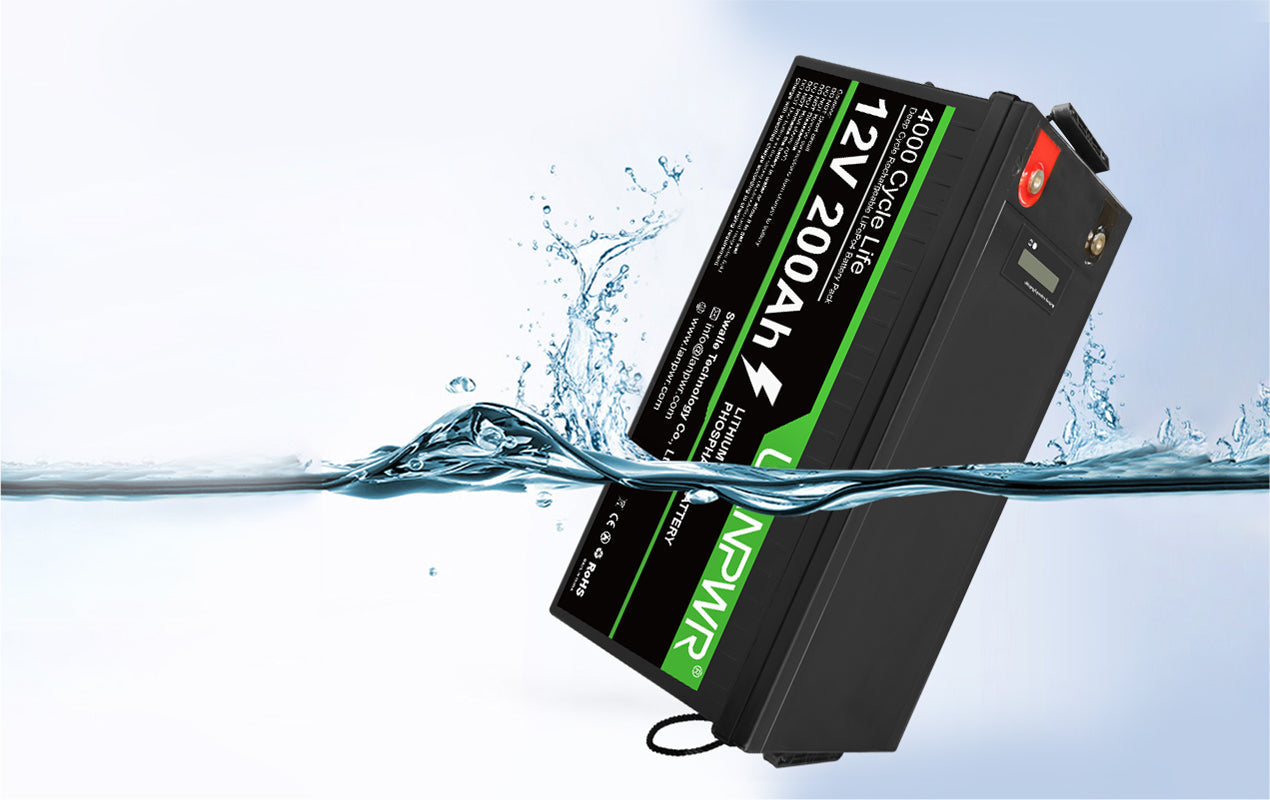
- Commercial Buildings: In addition to off-grid systems, businesses have also seen value in minimizing operating costs and improving energy security with off-grid solar systems. It can help to ensure a more resilient and economical source of power for commercial buildings, offices, and warehouses, which will help make them less dependent on the grid and more environmentally friendly.
- Remote Locations: On the other side, off-grid solar systems are well-suited for the remotest places like cabins, farms, and rural communities. Thanks to poor grid infrastructure, these are areas where off-grid solutions end up being the natural fit. Solar panels powered with LiFePO4 batteries will ensure reliable power continuity, hence offering an efficient solution for essential services in these peripheral regions that seek a higher quality of life.
- Emergency Backup: An off-grid solar system for example is a reliable emergency backup in regions vulnerable to natural disasters or frequent power outages. These are the services that are the most critical to ensure that when the grid goes down communication networks, hospitals, and first responders remain usable.
- Mobile and Recreational: Off-grid solar solutions are well received for multiple uses which are mobile including RVs, boats, and camping setups. They offer a consistent source of power for lights, cooking, and electronic devices making it more convenient and comfortable to take part in outdoor adventures.
Summary,
In that same context, LiFePO4 batteries backup with Solar Panels off the grid is the best affordable solution for energy autonomy and decreased overconsumption of grid energy. It provides an advantage but the expensive initial outlay and the rigors in designing the system make all the pain to be all worth it. With the help of small-scale solar systems, both residential and commercial users can expect fast and efficient power generation for a secure, green, and autonomous future for the region. With technology evolving and the need for renewables on the rise, we can safely anticipate this trend to boost the deployment of off-grid solar systems in tandem with LiFePO4 batteries, setting the foundation for innovation across the board and further betterment of multiple segments and societies.

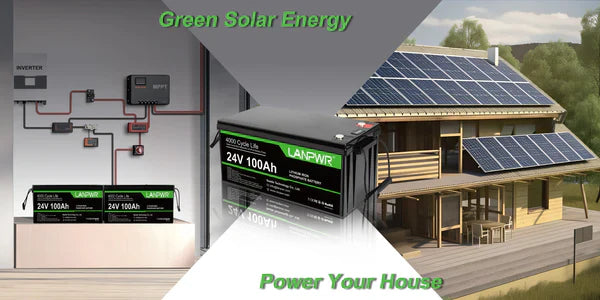



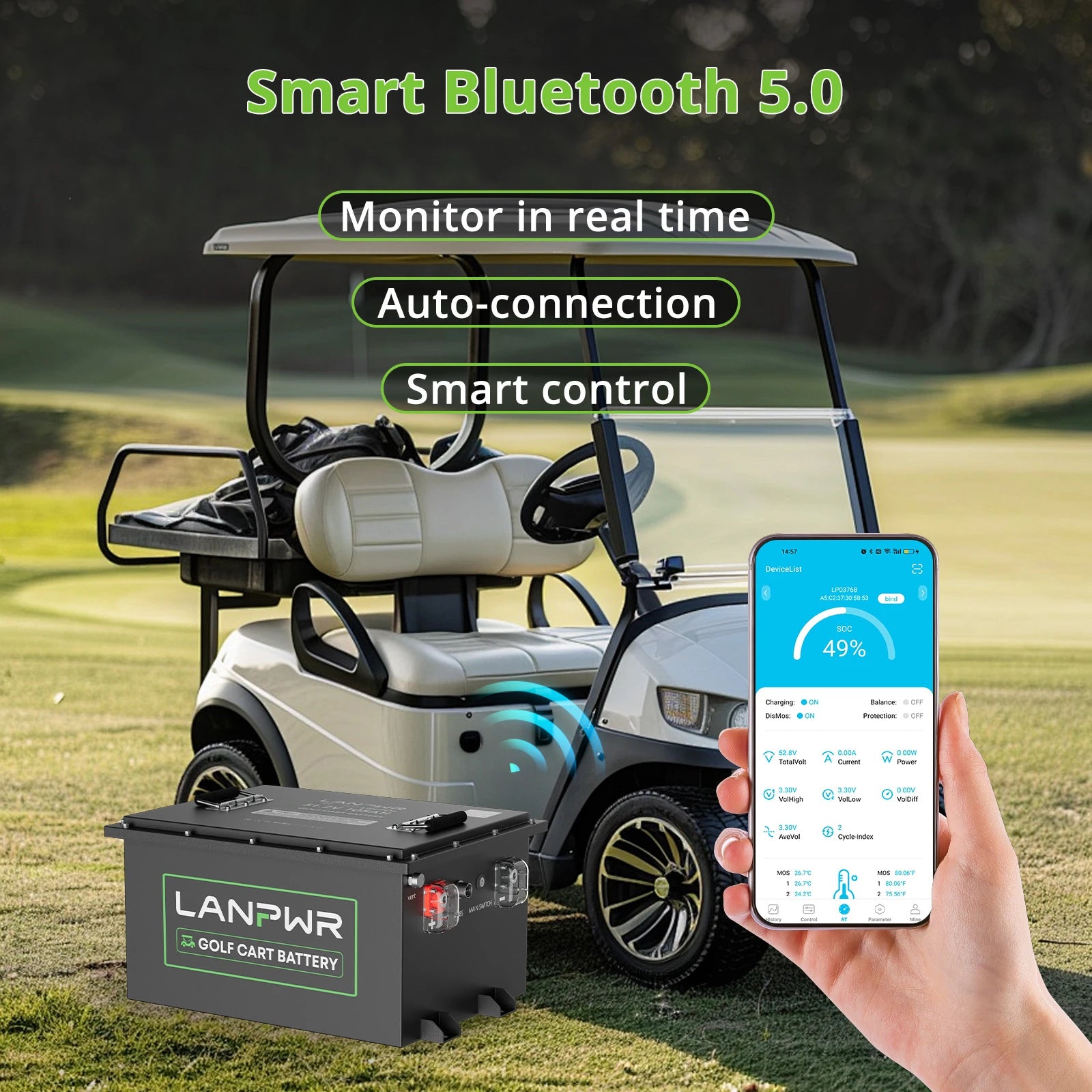
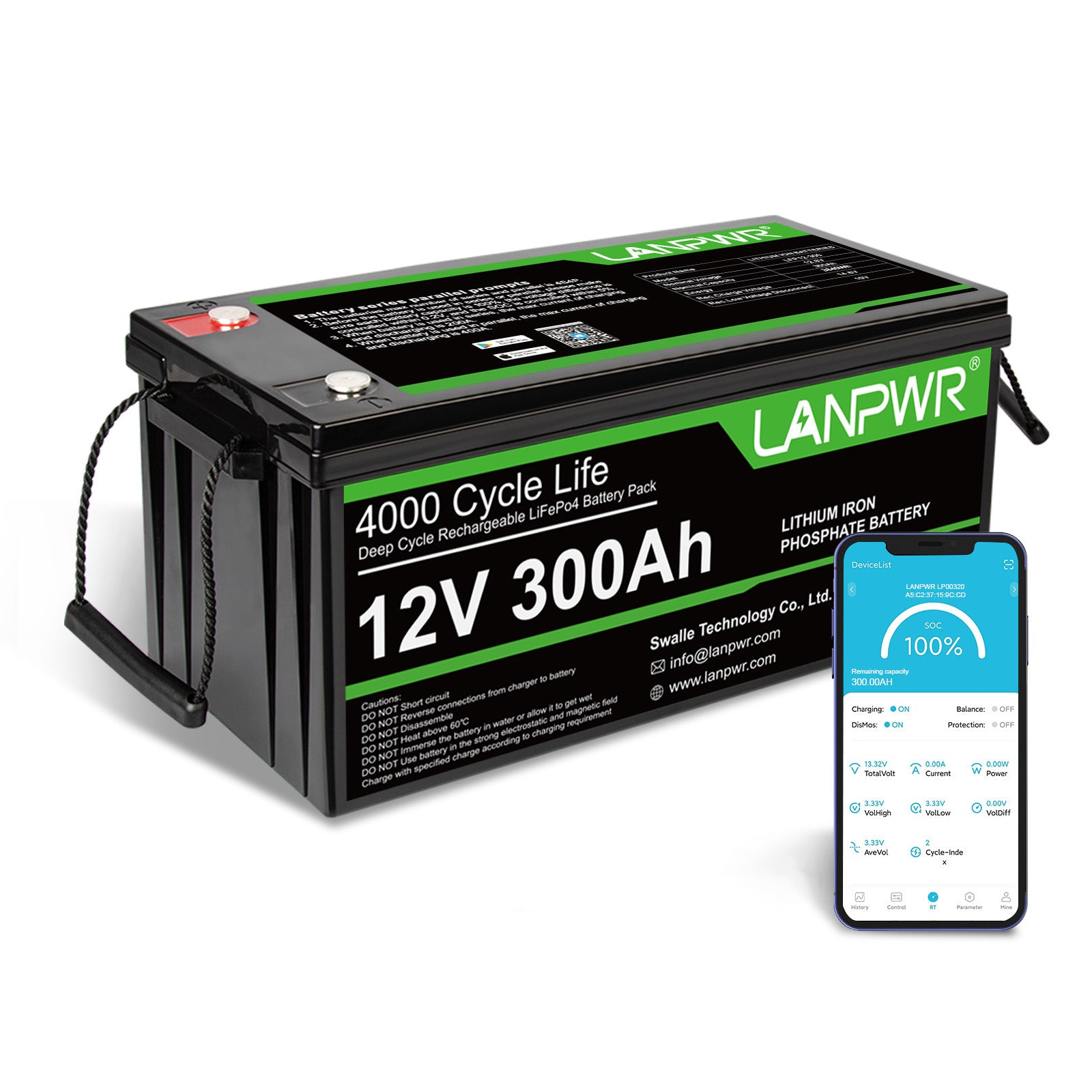
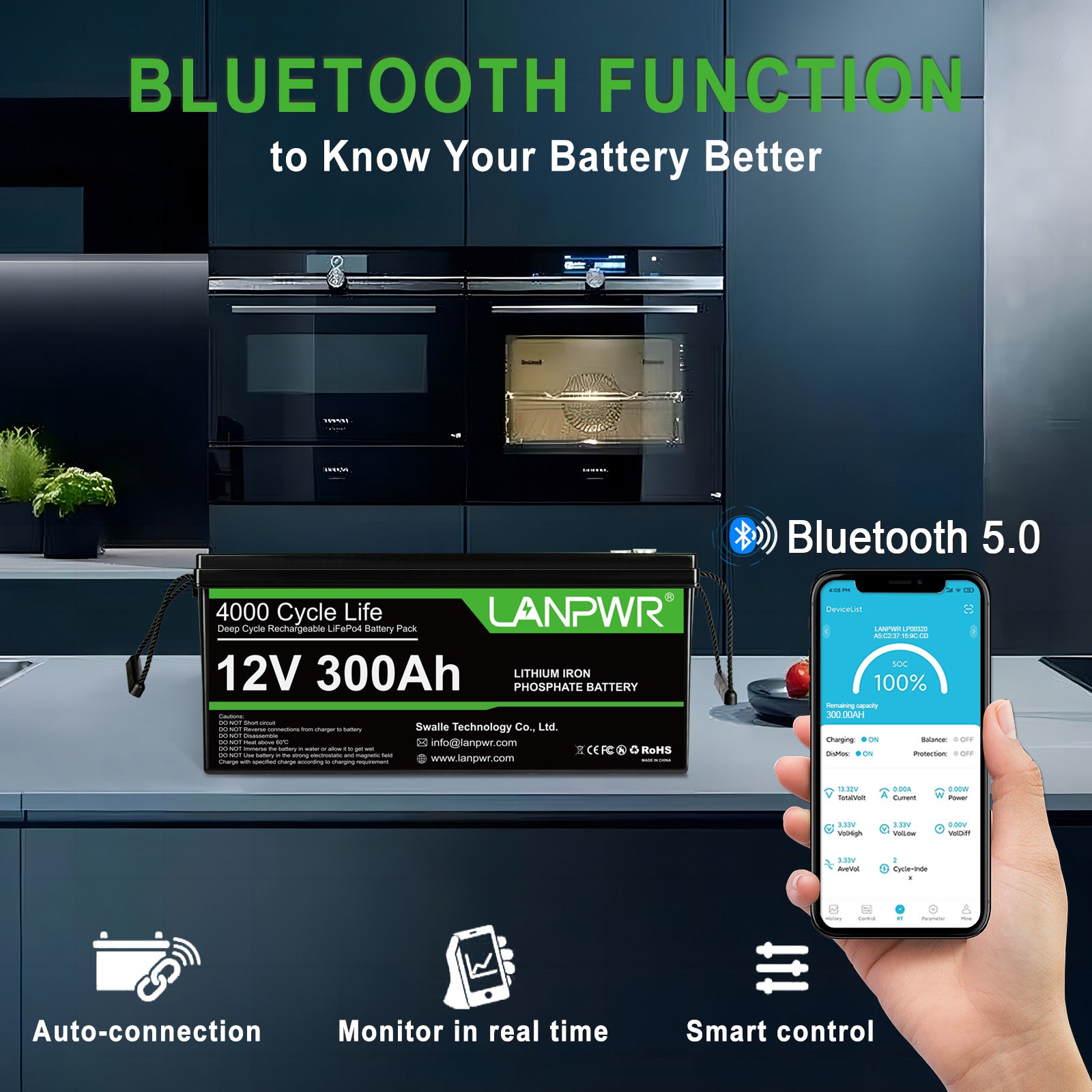
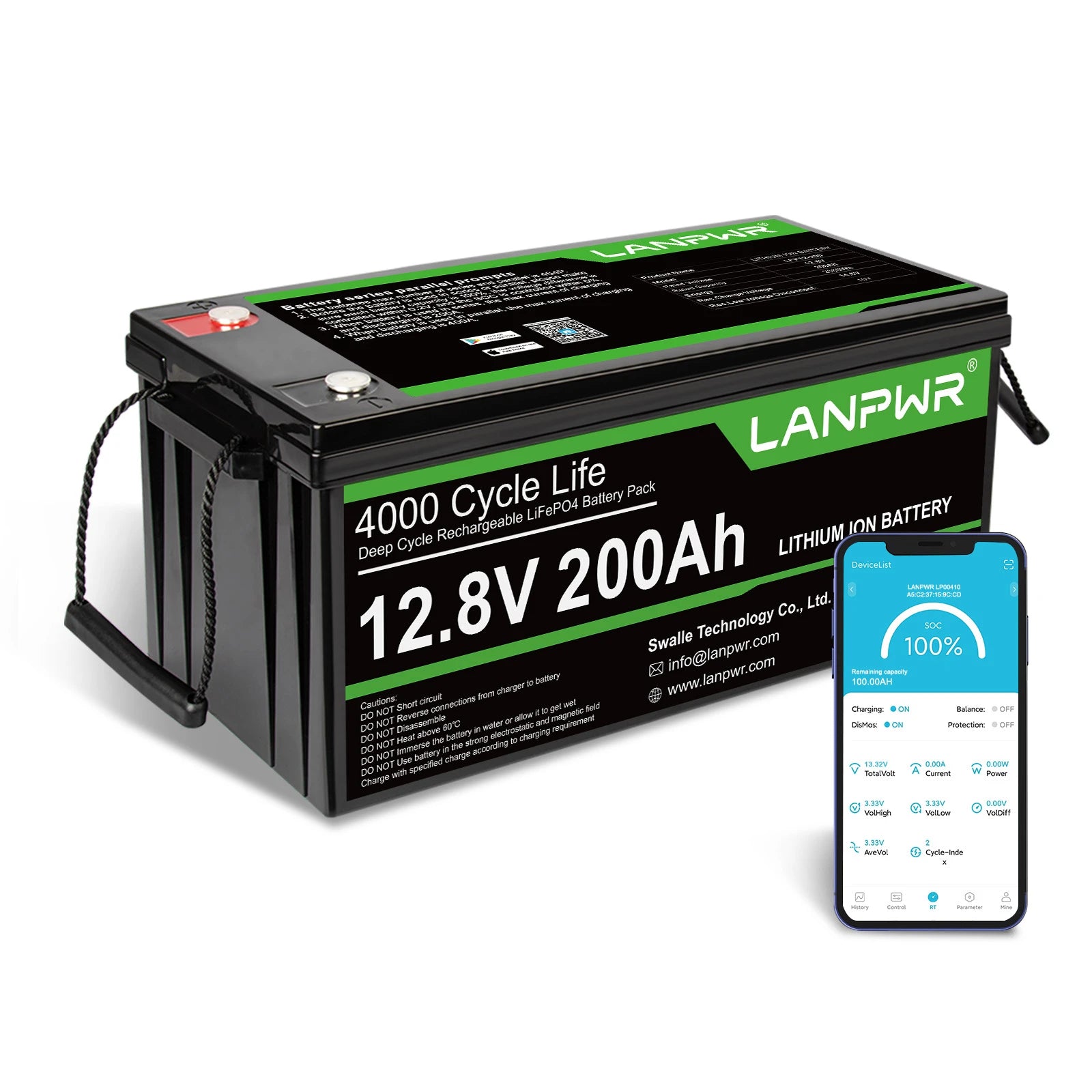
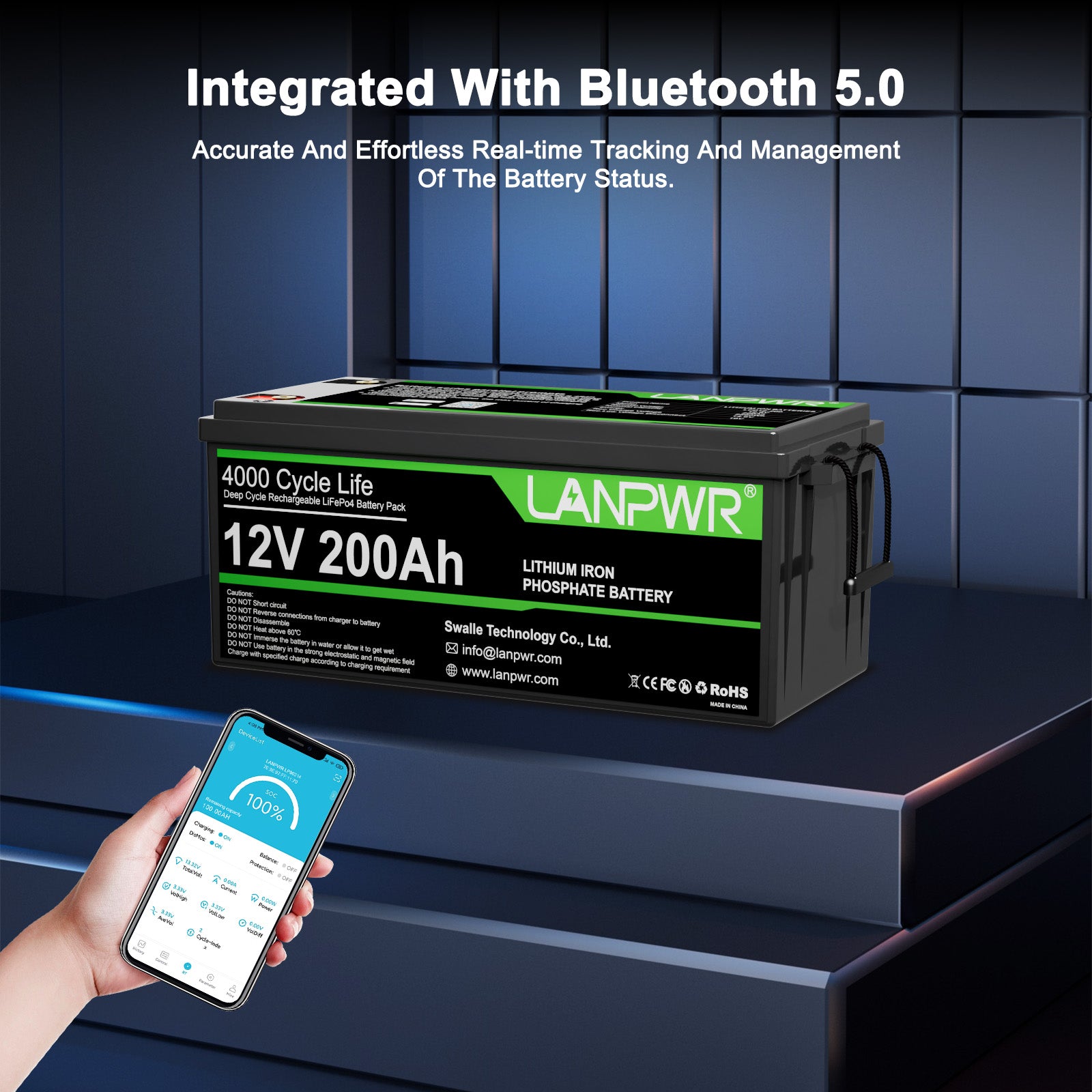
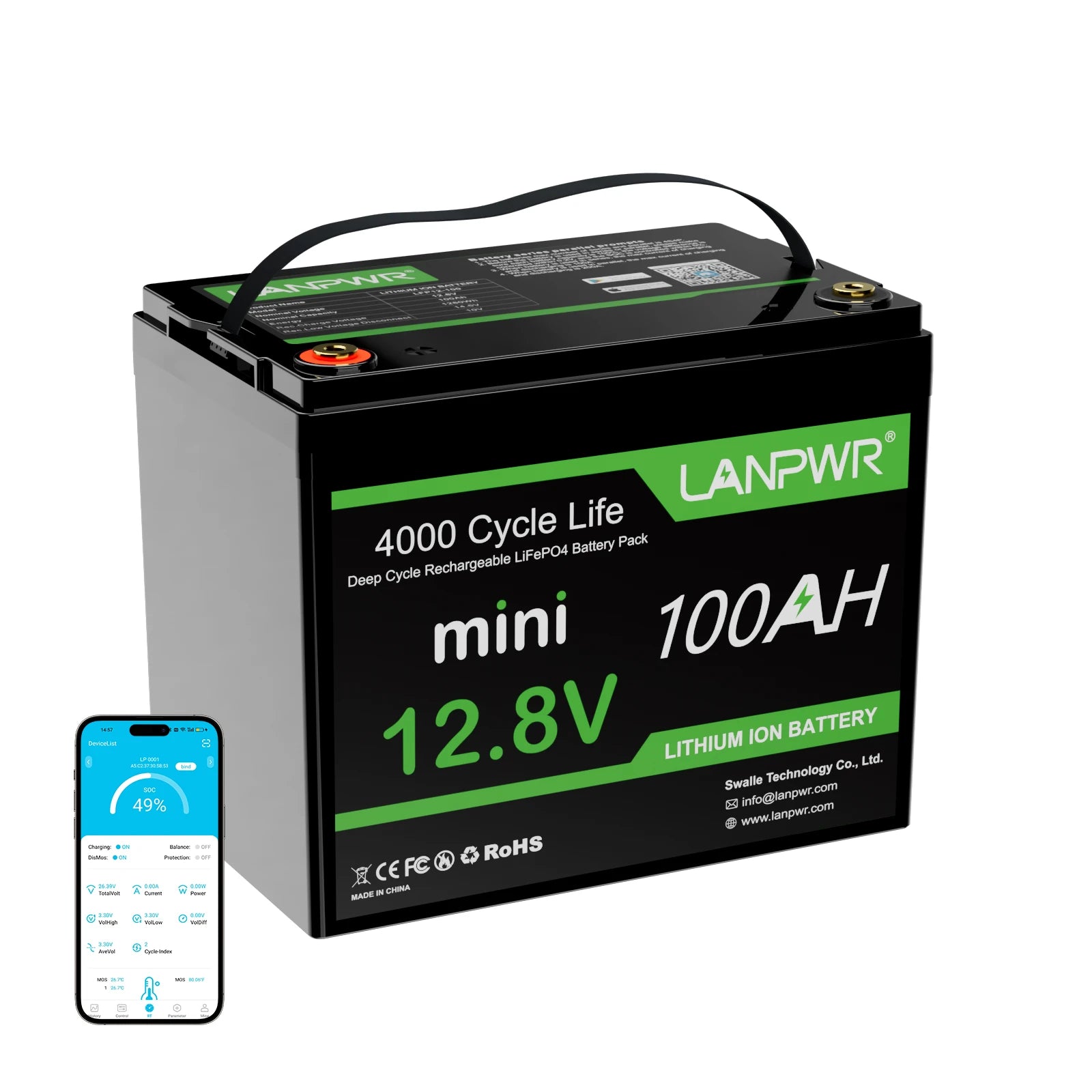

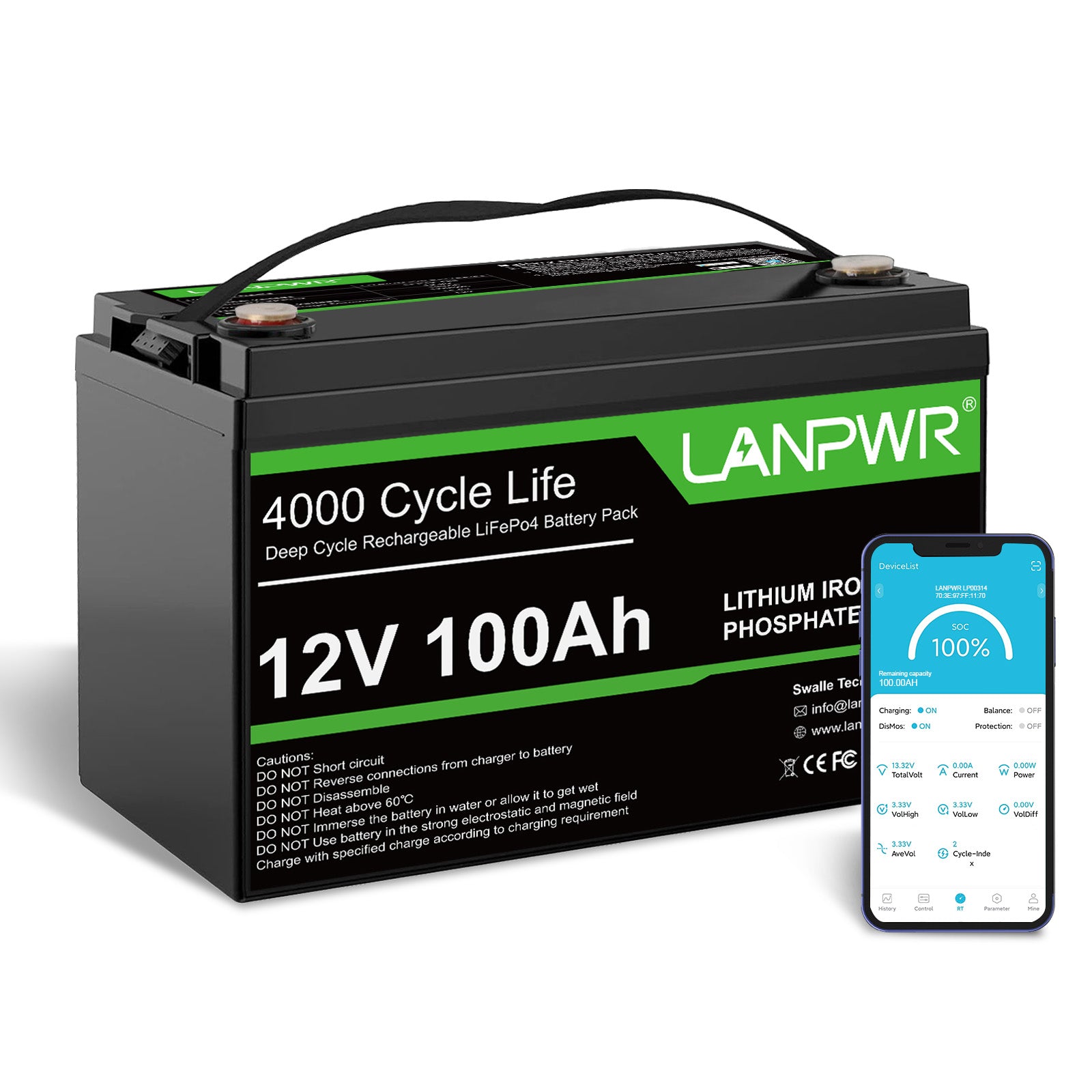

Leave a comment
This site is protected by hCaptcha and the hCaptcha Privacy Policy and Terms of Service apply.